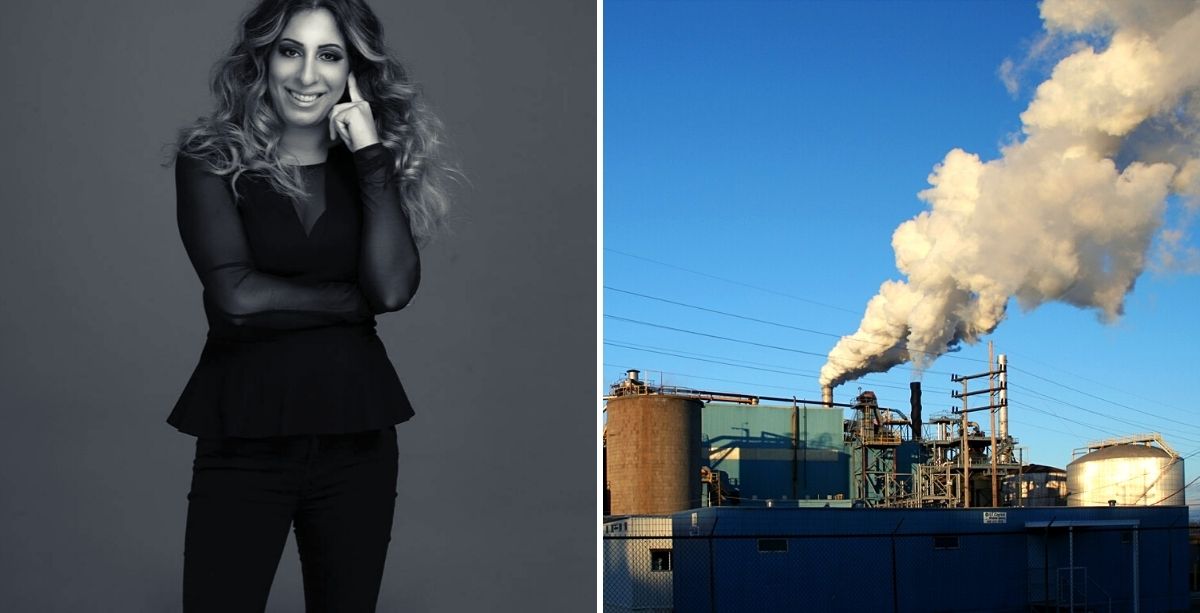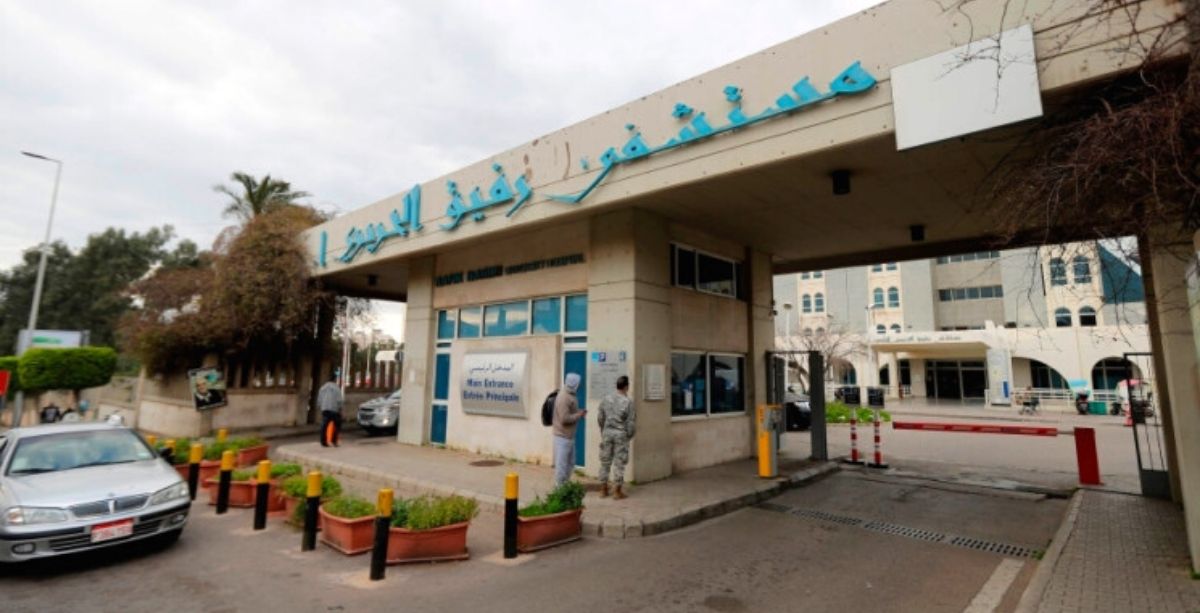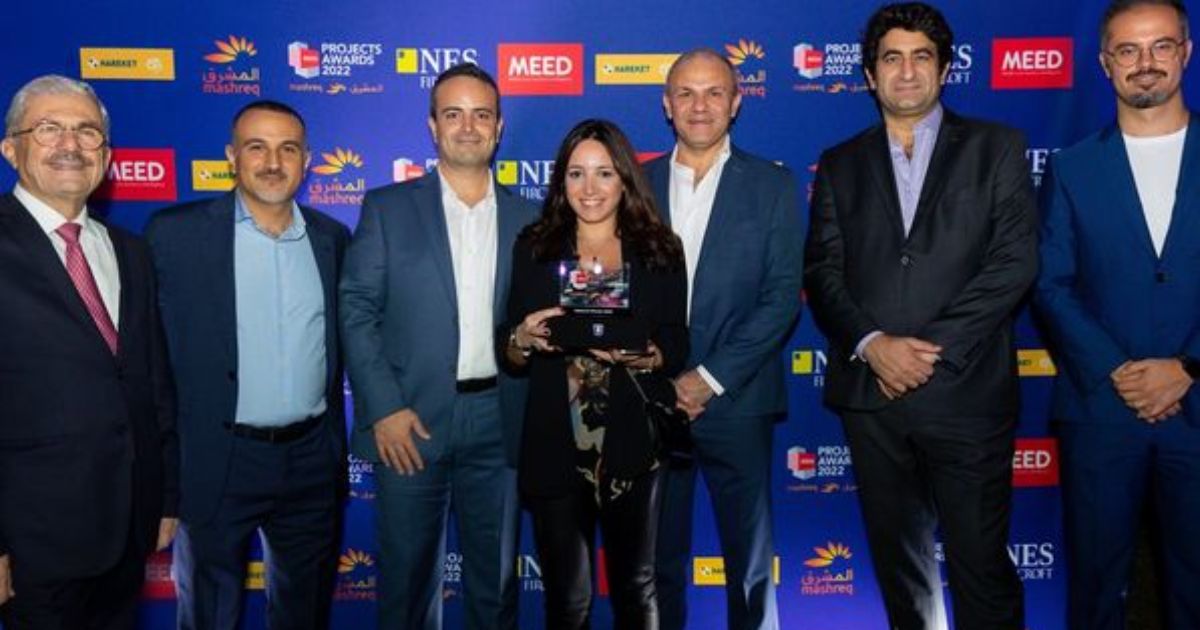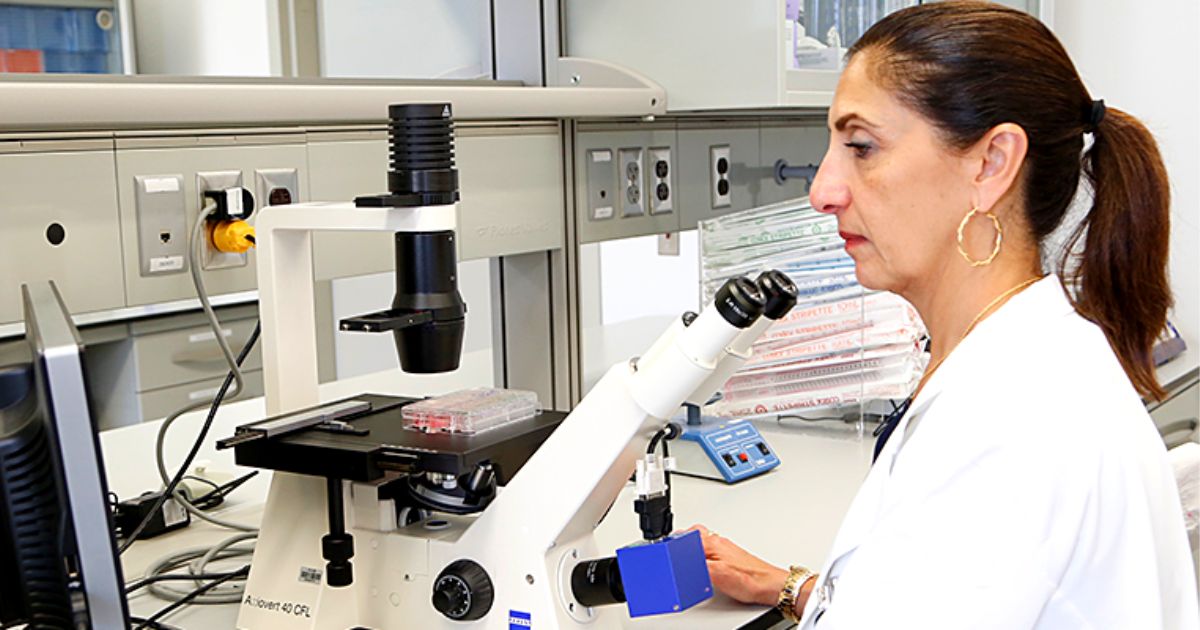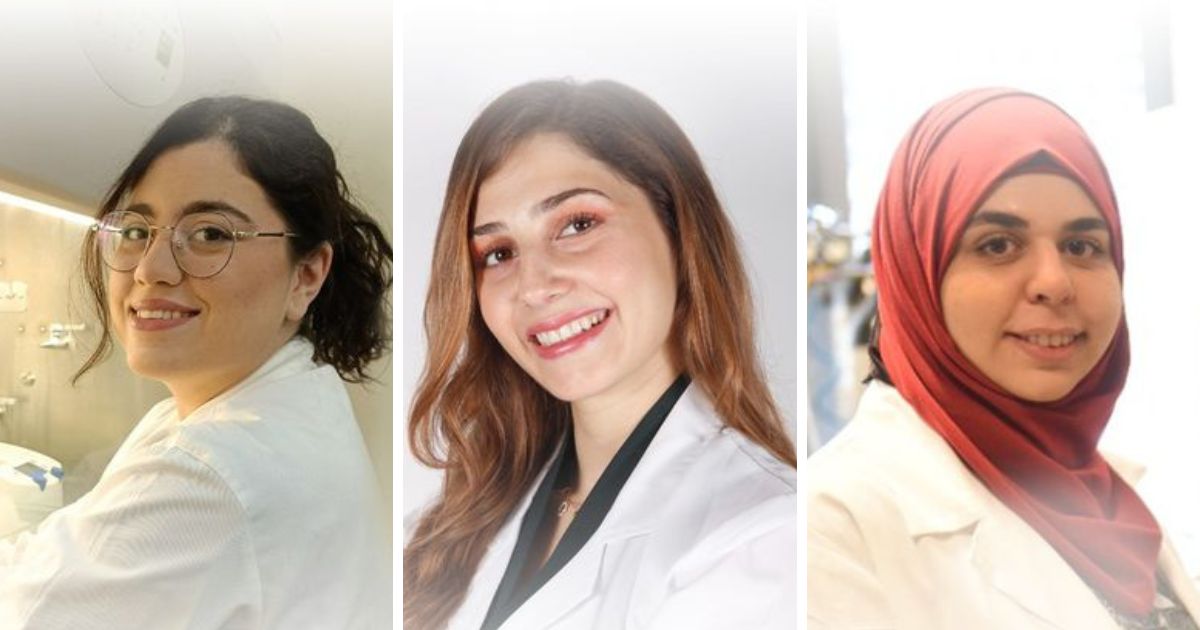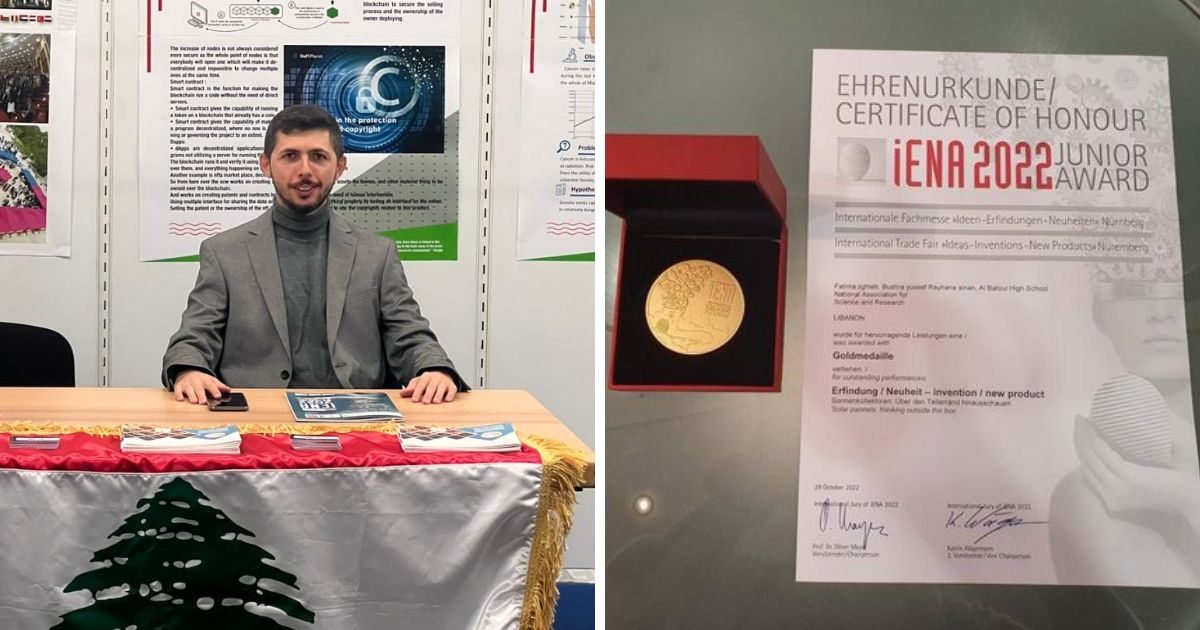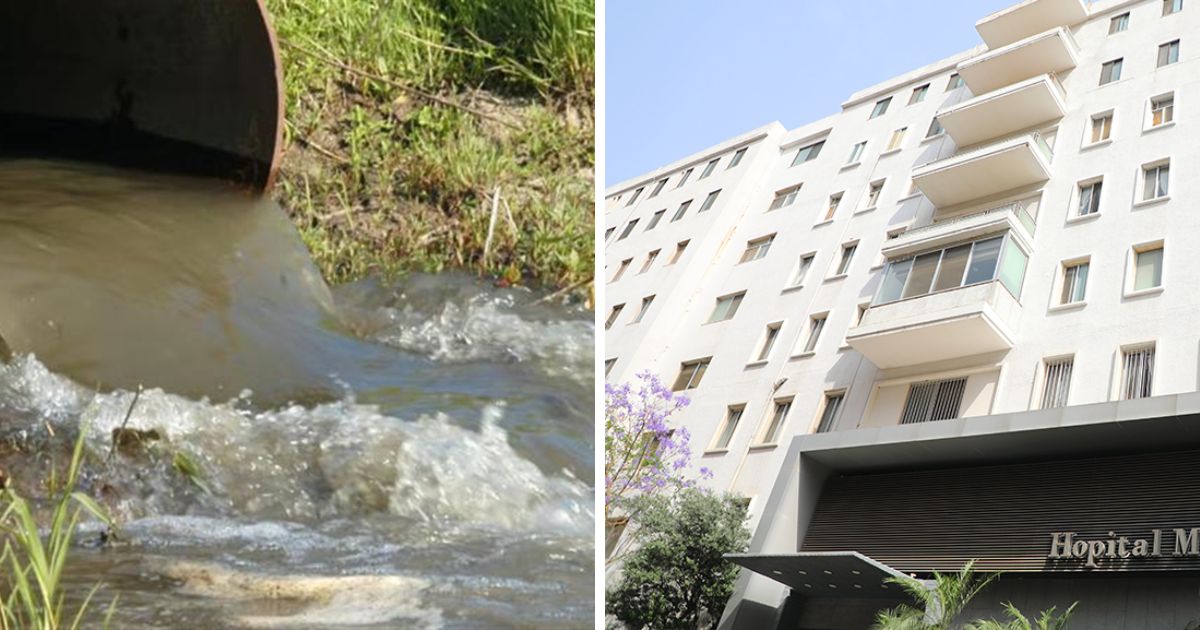When it comes to personal initiatives, solving Lebanon’s countless problems requires numerous steps by many people on small scales that, collectively, could repair the country, one sector at a time.
Overseas, a Lebanese-American chemical and environmental engineer has been collaborating with 6 other Lebanese from various professional backgrounds to create a solution to a serious problem in Lebanon; air pollution.
University of Rhode Island-graduate Jamie Mitri is leading Biyati: An innovative take on air pollution that can reduce its harmful effects on the population of Lebanon, which is regularly exposed to high concentrations of airborne toxins.

“Biyati was born out of our alarming concern for Lebanese health and sustainability,” Mitri told The961.
“Air pollution is a big issue in Lebanon, with one chemical, particulate matter, exceeding the World Health Organization’s limits by up to 200%.”
As she explains, particulate matter is known to cause various degrees of health problems, ranging from allergies and asthma to lung cancer and even death.
“In fact, Lebanon has the highest death rate in the MENA region due to air pollution,” she noted.
To reduce these problems, Biyati utilizes a filtration system that incorporates moss as the primary filter.
“Upon doing research, we found that moss can be used as an air filter to treat particulate matter and other harmful chemicals in the air,” Mitri added.
“So, we decided to create an air filter with a high-quality design aesthetic for the everyday Lebanese person.”
On the ground, the filter will be manufactured in Lebanon through local Lebanese suppliers.
With that said, the Biyati project has to face two main challenges: The first will be contacting suppliers in Lebanon and overseeing the filter’s manufacturing, and the second is the unfavorable current state of Lebanon.
Nonetheless, Mitri and the Biyati team are ready to take these challenges on. “We know Biyati will help Lebanon and we are encouraged more than ever to bring it to the Lebanese people!”
Biyati, which started as a project at the MIT Lebanon Challenge in June, is well on its way to becoming an operational business, after having won first place in the competition under the track that tackles health, energy, and waste management.

After winning, the project was accepted into the MIT Accelerator Program and then the United Nations Youth Leadership Programme (UNYLP), which prepares and drives young entrepreneurs to launch their businesses.
“It’s been an amazing experience, and on Friday, October 2, 2020, I will begin pitching on behalf of Biyati to the United Nations Development Programme in Beirut,” she said.
The Biyati team has already manufactured a prototype of the filter in the US. “The next steps are to create a final prototype in Lebanon and test it. We then plan on launching the product in Beirut shortly after.”

The filter will be sustainably engineered, affordable, can be used as a decorative piece in homes, office buildings, hospitals, universities, and other areas, and will be sold in different designs, the engineer explained.
“We also see this as being extremely scalable, so we will be launching the product next in the MENA region, and then worldwide.”
*All images used in this article were provided by Jamie Mitri
